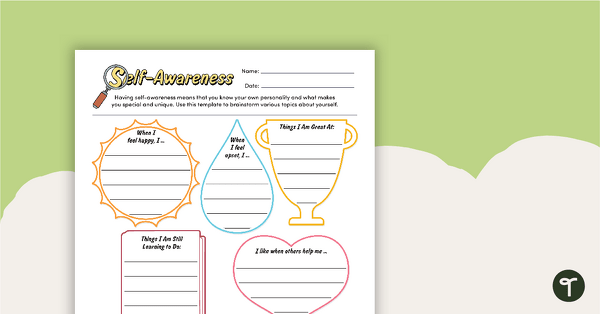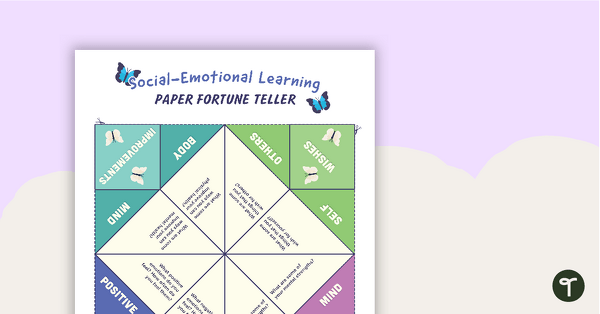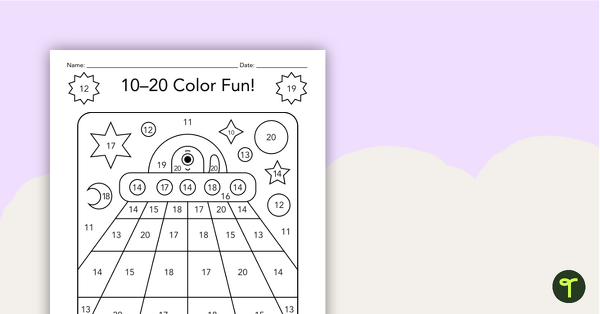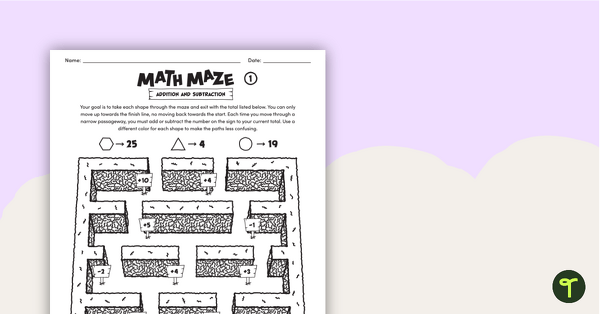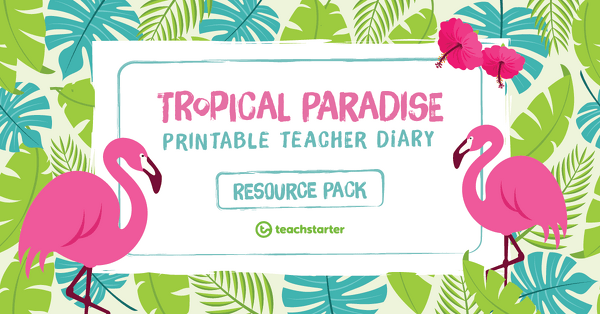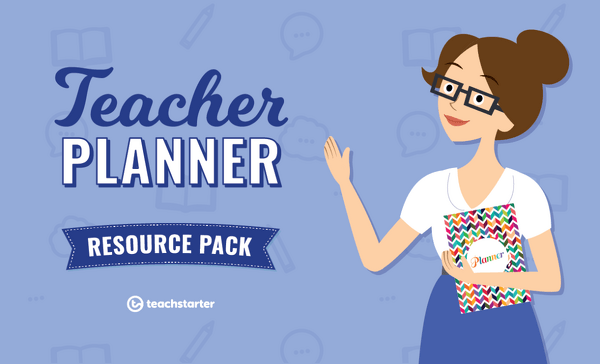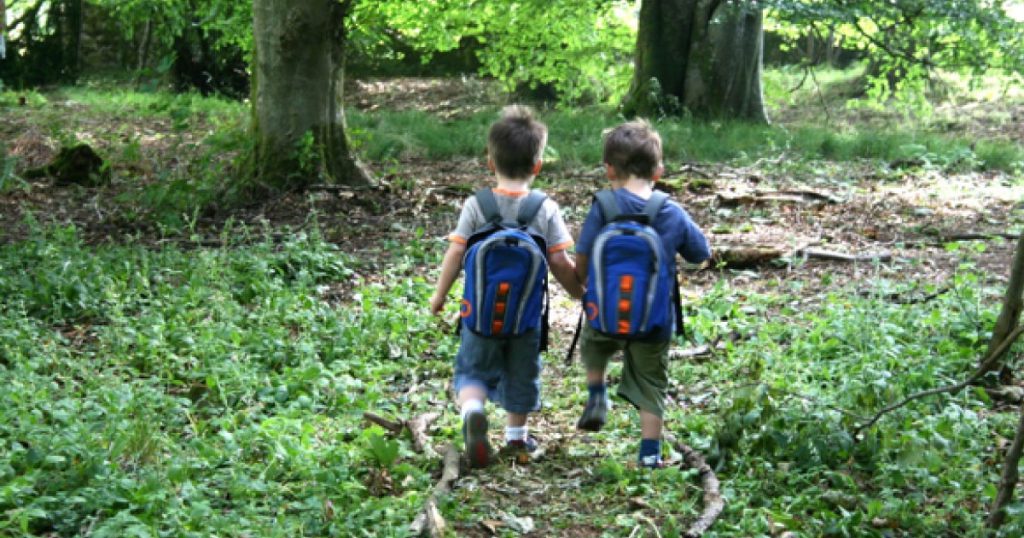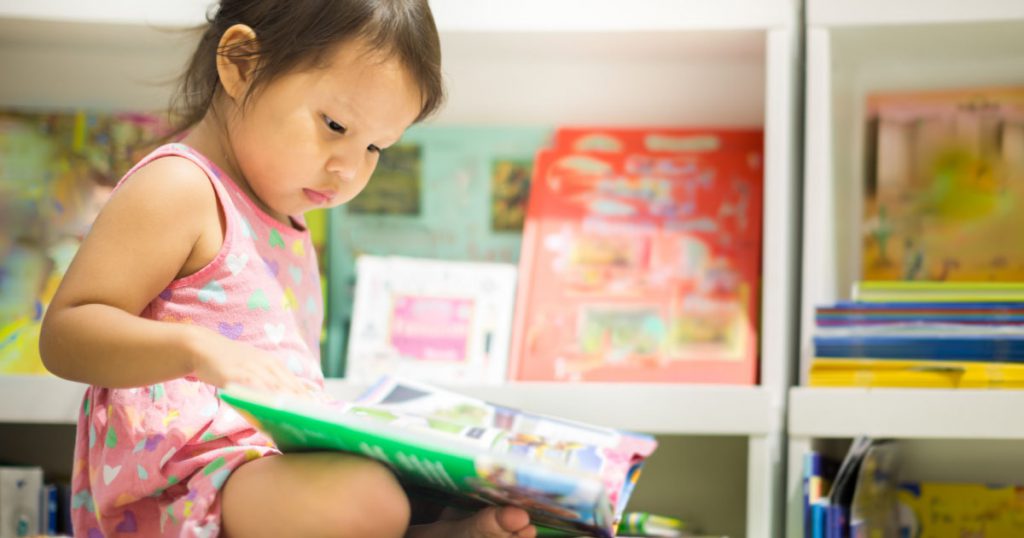If your first year of teaching has you feeling a little nervous — OK, more than a little nervous — take a very, very deep breath. Feel better? The teachers at the Teach Starter offices have all been where you are, and we’ve talked to some more veterans to come up with the one thing every first-year teacher needs: A super handy list of things you need to know to have the absolute best first year of teaching you can have.
First Year Teaching Advice
Even better? We broke all the advice from our veteran teachers down into alphabetical order because what teacher doesn’t love alphabetizing and organization? See? We’ve got you! Ok, let’s get started:
Acronyms
There is nothing the education system seems to love more than a good acronym. Brush up on the big ones before the start of school with our handy list of acronyms used in schools. Hear new ones thrown out in the teacher’s lounge? Don’t be afraid to ask. The kids aren’t the only ones learning!
Build Your Boundaries
There’s a lot to do when you’re a teacher, but it’s important to know what’s worth doing so you can do it well. Take this tip from Teach Starter resource creator Maddie Schmalz. An ELA teacher with 10 years in the classroom under her belt, Schmalz had this to say:
“Going in knowing what you are willing and able to do and what you are not willing and able to do can make a huge difference in your teaching and own life.”
Classroom Management Is Crucial
From the minute you walk in the door, those students will keep you on your toes! But all it takes is a few good classroom management tricks, and you’ll be fine!
Differentiate Your Lessons
It would be great if you could sit down one-on-one with every single student for every single lesson, but when you’re standing in front of a classroom of 30 kids, the reality of that happening is pretty slim. Even if you’ve got a teaching assistant or some students have individual aides, you’ll still want to plan ahead to differentiate your lessons to meet your students’ needs! That’s why we’ve made so many of Teach Starter’s resources editable and included tips and tricks on each page to let you know how to adjust them to suit different types of students!
Emotional Learning Is Everything
You aren’t just in the classroom to help students learn to add fractions and punctuate sentences. When you’re building a classroom, Teach Starter resource creator and special education teacher Talia Buonopane suggests leaning hard into social-emotional learning lessons, even if your school doesn’t have them built into its curriculum.
“Social perception, understanding, and awareness and emotional regulation, and resilience are such important skills to have as a person and need to be taught from the beginning,” the Boston-area teacher advises. “You should try your best to create a safe space where kids can express themselves and work through how they feel about anything and everything. SEL can be incorporated into everyday lessons and subjects!”
Not sure where to start? Here are a few ideas to get you going, including some created by Talia for Teach Starter!
Factor Yourself Into the Faculty
Many young teachers get left out of the faculty discussions because they’re afraid to speak up. But just because you are a first-year teacher, doesn’t mean you don’t have valuable skills and ideas to share with your teaching colleagues. Trust your abilities, and don’t be afraid to use your voice.
Grow Big or Go Home
Teach Starter’s Holly Mitchell remembers her first year of teaching too, and she offered up this important gem! “Your first year is all about growth,” she advises. “Ask to go and watch some of the strong, positive teachers at your school. Observe and mix it with your own teaching philosophy.”
Have Fun
Teaching is a job, but that doesn’t mean you have to be serious all the time! Working with children means you’re surrounded by a whole lot of silliness and joy, and it’s not just OK to be infected by it … it’s highly recommended!
Invest in Poster Tape
It sounds silly, we know. But in a hot classroom, there’s one thing Colleen Burke, a Teach Starter resource creator and teacher of fourth- and fifth-grade science, knows. You don’t want things falling off the walls! Get the tape, and thank Colleen later!
Jobs, Jobs, Jobs
Repeat after us: You are one person. You do not have to do every little thing in the classroom. In fact, assigning jobs to your students has been shown to help kids find their place in a classroom and to feel empowered. Make it fun with their own “job application“!
Keep Up With Fast Finishers
There are always going to be those kids who get the assignment and seem to yell “done” a minute later! Stay ahead of them with activities that will keep them engaged and busy while their peers are still at work.
Librarians Are Invaluable
This is another tip from Mitchell, who recalls the librarians in her school as precious resources for her classroom. “Make time to get to know the librarian and ask for help when needed,” she says.
Mentors Matter
Ask Dr. Shaun Woodley what he wishes he’d known before he started teaching, and the Atlanta, GA educator has this to say:
“I wish I was told the importance of good, quality mentorship to facilitate my growth as an educator.”
Some districts will assign mentors to first-year teachers, but if yours doesn’t, you can always join an organization of educators such as the National Association for the Education of Young Children to find someone who can show you the ropes or simply ask around. Your new principal or a teacher on your grade level team you admire may be up for the job — or have recommendations. Not sure either place works? Try Facebook groups for educators or reach out to a teacher who inspired you to join the field!
Newsletters Are Awesome
Parents want to hear about what’s going on in their children’s classrooms! Set their expectations early with the introduction of a newsletter that you send out every other week, covering the goings on in the classroom! This newsletter template will get you started.
Open With Organization
Angella Chung has taught three different grades in her three years teaching, including third, sixth, and most recently fifth. The Instagrammer behind the handle @thepurrfectpencil says she wishes she’d had a better way to organize papers and grades when she first started out, and she recommends other first-year teachers make it a day one priority. “I remember feeling overwhelmed with grading papers and managing paper flow. It’s important to stay on top of the organization from the first week of school!” Chung says. “A file system or Google drive can be helpful in organizing documents. A teacher planner can help with deadlines and reminders!”
Wait, did someone say teacher planner?
Parents Need to Hear the Positives Too
Make the time to share positive stories with parents. Often, teachers fall into the trap of always giving negative news to parents. Having a stash of our Positive Parent Notes on your desk will remind you to send home some positive news to parents. Alternatively, write it in your planner to call one student’s family each week to provide some positive news.
Quiet Time Is Important Too
We’re not just talking about the need you’ll have now and then for complete silence so you can hear yourself think! Helping kids learn to be mindful will help build the muscles they need to be better learners! This free mindfulness booster pack will get you started!
Representation Matters
Teach Starter resource creator Melissa, an ELA teacher for the past six years, practically shouted when she shared this bit of advice for first-year teachers — that’s how important it is!
“Make sure that you include a wide range of reading levels, accessibility levels, and interests as you are choosing what books to offer in your library, but do not forget to make sure that a wide variety of identities, voices, and perspectives are represented in your books,” Melissa says. Now comes the shouting bit: “EVERY ONE OF YOUR STUDENTS DESERVES TO SEE THEMSELVES REPRESENTED IN WHAT THEY READ!” Indeed!
Get started with some fabulous books written by AAPI authors for every grade level!
Solid Routines Will Save You
Kids are not the only ones who thrive on routine — so do teachers. Teach Starter resource creator Kasey Turner says it’s something every first-year teacher needs to develop, and there’s no doubt it will help you steer that ship straight through choppy waters!
Talk to Other Teachers
Your new colleagues are a vast resource to let you know everything from how to work that cranky old photocopier to giving you helpful insight into a student’s home life or which kids really shouldn’t be sitting at the same table.
Unload on Someone Grown Up (Not the Kids)
Garrett Gerard is one of the teachers creating resources in the Teach Starter offices in Texas, and he remembers the best advice he got as a new teacher: “Find someone you can talk to and cry to,” he says. “There will be days where you are just overwhelmed with everyone and everything, and having someone who will just listen is vital to your mental health.” In other words? Don’t bottle things up. Find a grown-up shoulder, and unload! You might also want to grab a copy of our teacher mental health checklist (it’s free!) to check in with yourself now and then.
Value Your Voice
A teacher’s voice is like a piano player’s hands — and losing your voice is just as scary! Follow these 10 tips to protect that valuable asset so you can keep showing up each day to engage those little learners!
Work/Life Balance Is Crucial
There will always be work to do, but teacher burnout is real. Prevent it from happening by going home at your contracted time, and starting at your contracted time. Your body will thank you.
X Out Procrastination
Hey, we’re not judging! We’ve all had those late nights of grading papers when we just want to put it off until … next year. But if you already know you put the pro in procrastination, now’s the time to nip it in the bud!
You Have a Calling
Teaching isn’t just a job! It’s a calling. First-grade teacher Debrice Hill is CEO of Teacher to Teacher Magazine and a lead teacher who offers up this important advice:
“Remember your easy days will outlast your rough days, and you are chosen to make a difference in the lives of all children that cross your path no matter how minute it will be.”
Zip It When It Comes to Students & Social Media
You’ve heard this one before, we know, but it always bears a reminder. When you’re upset with a child who is misbehaving or with parents who are, well … you know … keep it off social media. You never know who is watching you and who might be hurt by the words you share. Instead, turn to your teaching mentor, your grade level team, your school counseling staff, or even that shoulder to cry on, and work through the issues in a way that won’t violate a student’s privacy.
Are you a first-year teacher? Did you know student and first-year teachers get 50% off their Teach Starter subscription? Sign up now and save!
Banner image via shutterstock/Monkey Pixel Images
The post 26 Bits of First Year Teaching Advice You Can Actually Use in a Classroom appeared first on Teach Starter.



